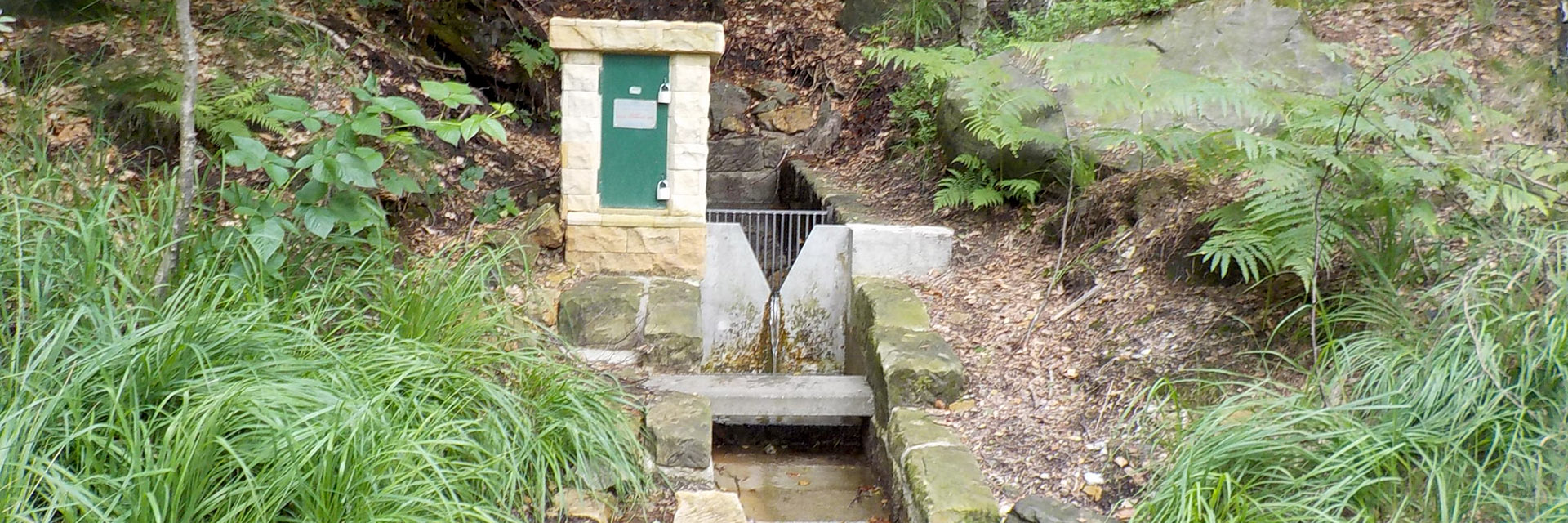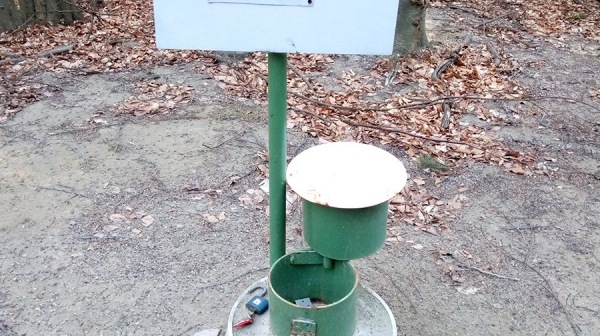Project background
The processing of findings within models for soil water balancing is important for the quantitative capture of new groundwater formation and the creation of forecasts of new groundwater formation. In accordance with the aim of this project, by connecting the above model tools, it is possible to perform a methodologically comprehensive evaluation of the acquired knowledge. The analysis and evaluation of the stability of water resources and ecosystems against climate change and weather conditions took place in pilot areas. The project will thus make a decisive contribution to answering common questions in the field of water management planning and to institutional cooperation in the region. The area in question includes the eastern part of the Czech-Saxony border, specifically the areas of Czech-Saxon Switzerland (Hřensko), Lusatian Mountains (Lueckendorf), and Děčínský Sněžník.
Project aims
The aim of this project is to carry out a water audit and evaluate the possibility of long-term use of groundwater resources in the Czech-Saxony borderland, depending on the expected impacts of climate change. Based on previous experience and knowledge gained in research on climate change and its impact on the environment, it is possible to expect a long-term decline in new groundwater formation. New groundwater formation is a decisive indicator for groundwater volume; as a result, it is necessary to take into account the reduction of groundwater reserves. Therefore, it is important to analyze and assess the impacts of possible future climate change on usable groundwater resources, which includes an assessment of the vulnerability and resilience of the monitored system, including water supply, in terms of climate and weather conditions.
Project methodology
Based on the acquired knowledge, models in stationary and later in transient mode were compiled first. After their calibration, the models were used to meet the specified goal.
You can find details about the project and its outputs here (in Czech or German).



